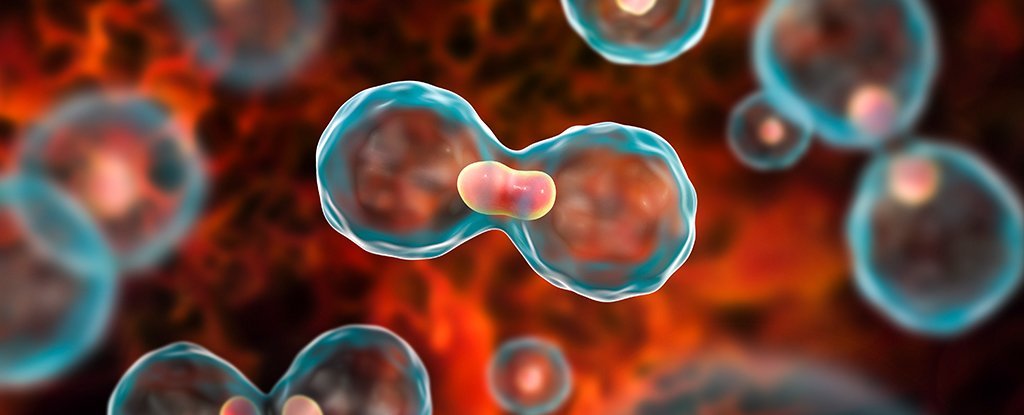
Contact Us
Colorectal Cancer

Colorectal cancer occurs when the cells that line the colon or the rectum become abnormal and grow out of control. Because symptoms often do not appear until the cancer has advanced, it is important to have regular colorectal cancer screenings.
How does colorectal cancer develop?
All of the body’s cells normally grow, divide, and then die in order to keep the body healthy and functioning properly. Sometimes this process gets out of control. Cells keep growing and dividing even when they are supposed to die. When the cells lining the colon and rectum multiply uncontrolled, colorectal cancer may ultimately develop.
Fortunately, most colorectal cancers begin as small precancerous (adenomatous or serrated) polyps. These polyps usually grow slowly and do not cause symptoms until they become large or cancerous. This allows the opportunity for detection and removal at this pre-cancerous polyp stage before the development of cancer.
SYMPTOMS AND CAUSES:
Even if you do not have a family history of colorectal cancer or polyps, tell your doctor if you have any of the signs that could indicate a colorectal cancer, no matter what your age. Common signs of colorectal cancer include the following:
- Change in bowel habits: Constipation, diarrhea, narrowing of stools, incomplete evacuation, and bowel incontinence — although usually symptoms of other, less serious problems — can also be symptoms of colorectal cancer.
- Blood on or in the stool: By far the most noticeable of all the signs, blood on or in the stool can be associated with colorectal cancer. However, it does not necessarily indicate cancer, since numerous other problems can cause bleeding in the digestive tract, including hemorrhoids, anal tears (fissures), ulcerative colitis, and Crohn’s disease, to name only a few. In addition, iron and some foods, such as beets, can give the stool a black or red appearance, falsely indicating blood in the stool. However, if you notice blood in or on your stool, see your doctor to rule out a serious condition and to ensure that proper treatment is received.
- Unexplained anemia: Anemia is a shortage of red blood cells— the cells that carry oxygen throughout the body. If you are anemic, you may experience shortness of breath. You may also feel tired and sluggish, so much so that rest does not make you feel better.
- Abdominal or pelvic pain or bloating
- Unexplained weight loss
- Vomiting
If you experience any of these signs or symptoms, it is important to see your doctor for evaluation. For a patient with colorectal cancer, early diagnosis and treatment can be life-saving.